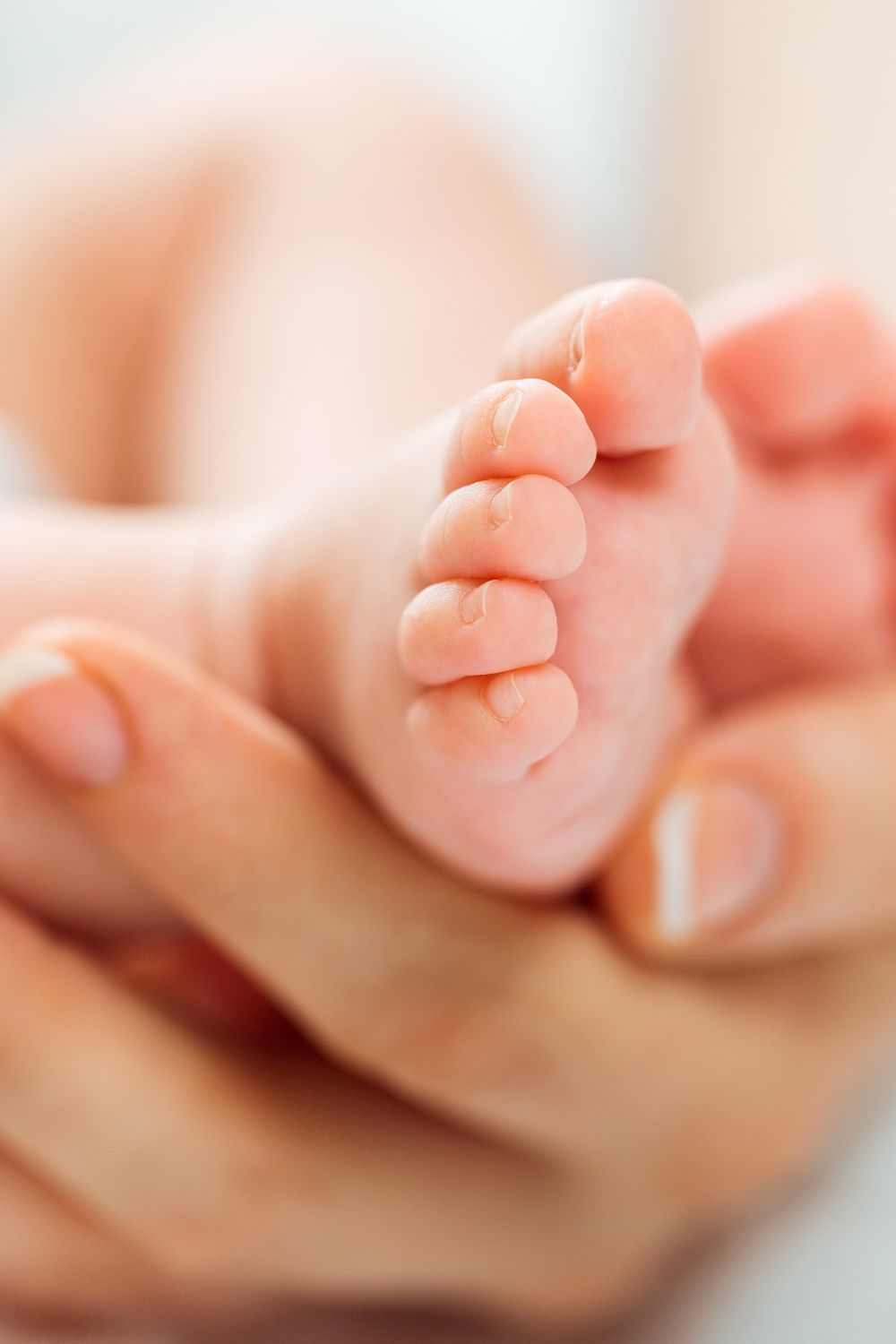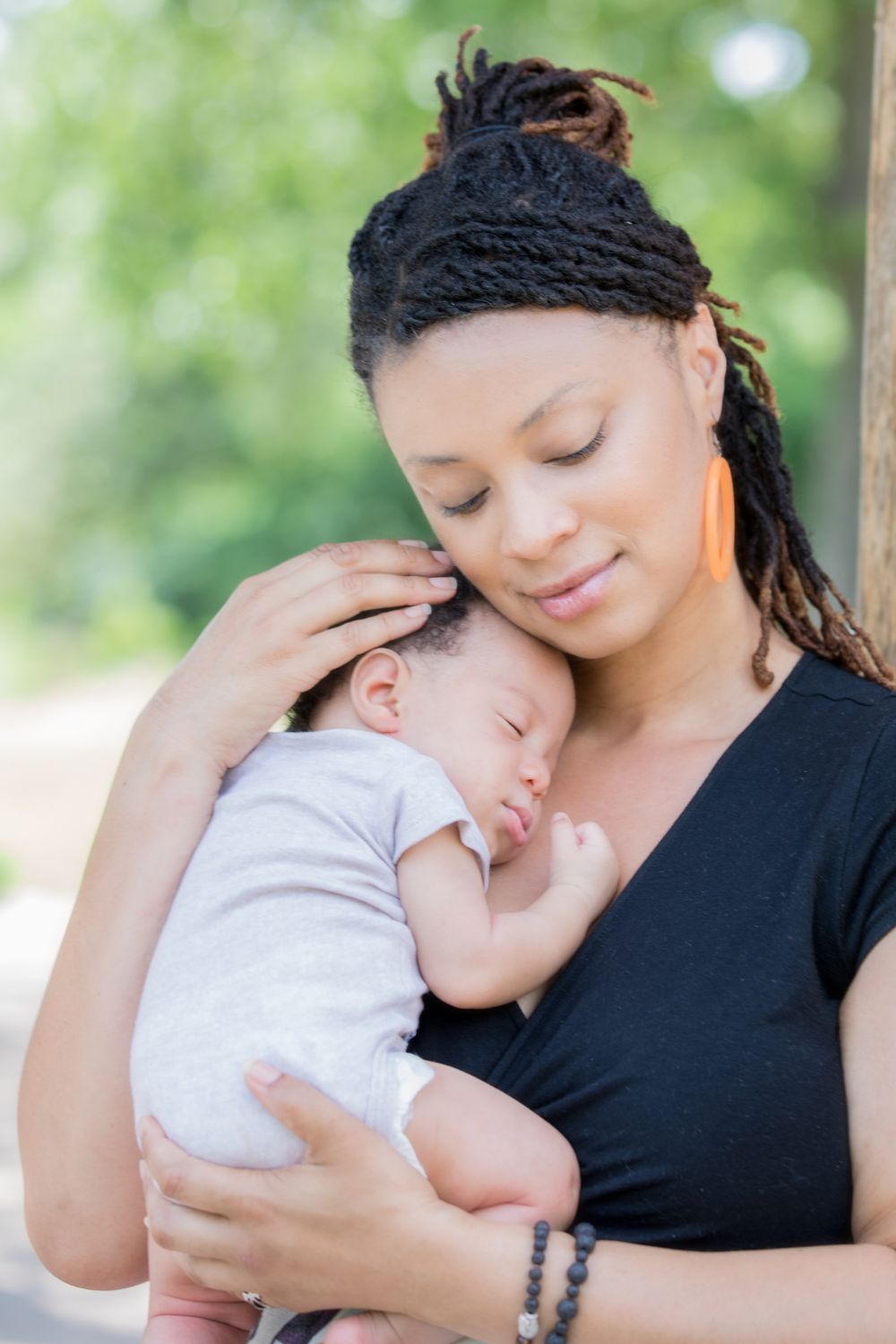A woman’s body changes drastically during pregnancy and childbirth. What Changes To Your Body Can You Expect After Childbirth? Find out some!
What Changes To Your Body Can You Expect After Childbirth?
You might think that pregnancy can be rough (and well, it can) but you shouldn’t expect your body to spring back to your pre-pregnancy state after you’ve had birth. There are changes you should expect, some of them temporary, some of them permanent. Here, we’re going to look at some of them, as well as what you can do to manage them.
Your skin
Your skin can undergo a range of changes after pregnancy, many of them related to the flush of hormones that goes through our blood. While you might have enjoyed your earlier glow, you might find yourself more likely to break out into spots and acne, due to excess sebum production. This will tend to reduce over time. You might also experience some changes in skin color, particularly patches of darker skin that can appear on your face or body, known as melasma. This can be more permanent, though there are skin-lightening products that you can use to deal with it. If you’re experiencing any skin conditions for weeks or even months post-pregnancy, you might want to talk to a dermatologist.
Your joints
Your body is going to be experiencing the impact of carrying the extra weight of a whole baby, for a while. While you might have thicker legs are a result, it can still be trouble for your joints. It’s a good idea to make sure that you do some light upper body workouts when pregnant or weakness in your arm joints and muscles can be very common afterward. The best thing that you can do for your body is to look at post-partum yoga classes. Make the effort to restore your range of mobility and strengthen those muscles supporting your joints. It’s recommended that you wait around six weeks before you do, however. You need to give your body some time to relax and recover before you throw any more stress at it.
Your stretch marks
The stretch marks that you get as a result of pregnancy may well not be the first stretch marks that you have ever had. A lot of women get them during puberty or at other periods of their life. That said, some women get them more prominently than others. The thing about stretch marks is that they are permanent, as they are a kind of scar. However, that said, they do fade over time. They might seem really prominent at first, but they will become less visible. What’s more, you can take advantage of certain treatments and products to help them fade away more quickly, such as some of the stretch mark creams that are available to buy.
Your legs
As mentioned, you might notice that your legs, especially your thighs, have gotten thicker after your pregnancy. This is usually just extra fat from gaining weight as a result of eating more and exercising less, very common parts of pregnancy. Low-calorie, high-fiber foods and slowly reintroducing yourself to exercise can help you shed the baby weight. However, a lot of women will also notice more prominent blood vessels, known as varicose veins. Some women get these more than others, as genetics, as well as hormone balance, can make them more prominent. Like stretch marks, varicose veins will fade over time but, again, like stretch marks, they will never completely go away. They are rarely something to worry about but if you experience any pain from them or irritation on the skin where they are, you should talk to your doctor.
Your belly
Aside from the extra weight, you might have noticed some extra skin, especially around your belly. In fact, a lot of women get frustrated to find this skin remaining even after they have lost a lot of their pregnancy weight. Your skin naturally gets stretched out to accommodate your growing baby, and it can have trouble restoring the collagen and elastin that are supposed to help it keep its shape. There are surgical options, such as a tummy tuck, that you can consider, but you might want to wait for a while and measure it out carefully as you can’t exercise immediately after it so it can take a moment for the benefits of the treatment to make themselves fully clear.
Your abdomen
The changes around your abdomen are likely to be more than skin deep, as well. Your limbs aren’t the only parts of your body that might feel a little achy and tired out. You can feel it deep, right down to your uterus. If you feel an aching in your abdomen, then it’s most likely due to the fact that your uterus is returning back to its regular size. It can feel a lot like the cramps you might experience during your period. You might even find that you get them worse when you’re breastfeeding. These should go away in a matter of days, not weeks. If they last longer, then you should get in touch with your doctor.
Your breasts
It’s very natural for women to experience changes to their breasts after having a baby. For one, you’re going to be producing milk, which can make them feel flushed and sore, to begin with. This will reduce after you’re done with breastfeeding. However, there are also potential permanent changes. A lot of women find that their breasts get bigger during pregnancy but that they lose volume and start to sag a little more after pregnancy. If the weight is an issue, then a breast reduction may help, but a lot of women find themselves looking at the potential of “mommy makeovers to help retain more volume and reduce the overall changes to the breasts. It’s all down to what you’re experiencing and what you want to change.
Your private parts
Of course, it should be no surprise that things might be a little different down there after you have given birth. The differences can change from woman to woman. Some experience pain or tearing during birth, which can take six weeks to heal. Others might feel that their labia have become longer as a result, which can lead to uncomfortable chafing, especially when wearing certain kinds of clothes or exercise, to which end a labiaplasty can help. There are some women who simply feel like they might want an “aesthetic upgrade” and there is nothing wrong with that, either. Typically, however, women seek professional cosmetic help when there’s a real quality of life benefit to getting it done.
Going to the toilet
There’s no shortage of complications that can arise when it comes to the plumbing after pregnancy. A lot of women will experience incontinence, which tends to go away on its own, but can be gone more speedily with things like Kegel exercises to help strengthen the pelvic floor muscles. On the opposite end of the spectrum, a lot of women experience constipation after giving birth. Again, this is due to weakened muscles, but this does tend to go away after giving birth. You can help it, however, by making sure you drink enough water (eight glasses a day) and make sure that you get fiber in your diet, via fruit, vegetables, as well as whole grains. If it doesn’t go away on its own, some basic anti-constipation medicine may work.
If you are experiencing any of the changes above and you want help in managing them then hopefully the tips can help, but you should make sure to get your doctor involved in the conversation. There may be more than they can do to help.


Leave A Reply!